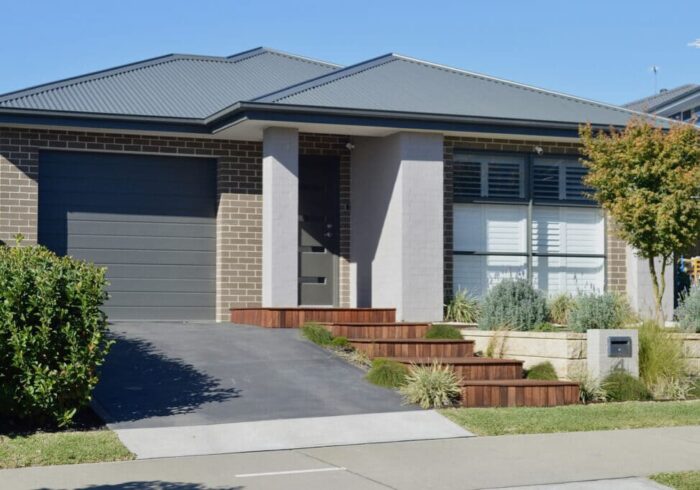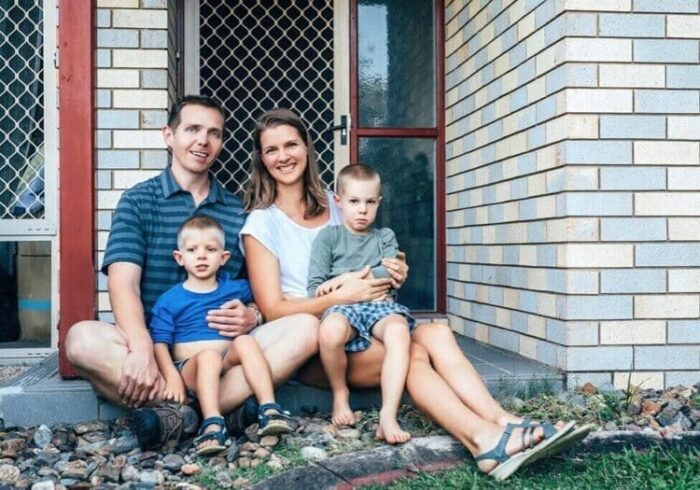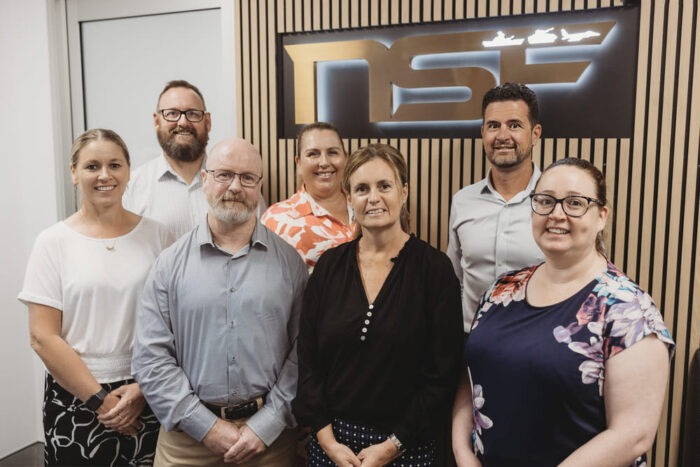Understanding the housing market as a veteran
House prices in Australia vary depending on where you buy. In September 2024, the median house price in Sydney was $1.6 million, the highest in the country. This was followed by $1 million in Melbourne and $995k in Brisbane.
Housing affordability has reached a historic low, with average loan repayments consuming 48.6% of the median family income. This financial strain is particularly acute for veterans facing challenges transitioning to civilian life.
Veterans have several homeownership assistance schemes available, such as the Defence Home Ownership Assistance Scheme (DHOAS) and First-Home Buyer Assistance. It’s valuable to understand and compare the different housing entitlements available to identify what works best for your situation.
Benefits available to veterans and ADF members

The Defence Home Ownership Assistance Scheme (DHOAS)
DHOAS helps eligible ADF members achieve homeownership by providing monthly loan subsidies. The subsidy amount depends on service length, with longer service offering higher benefits. Eligibility requires a minimum qualifying period of service and unused service credits.
If you’ve never used DHOAS during your time in the ADF, or only used it briefly, you may still be eligible to receive the benefit. Maximising DHOAS means purchasing a home while credits are active and exploring additional benefits for first-time buyers.
First Homebuyer Assistance
While not exclusively for veterans, first-homebuyers may receive additional assistance, such as grants, exemptions or reductions in transfer duty. Eligibility criteria and grant amounts vary by state and territory.
Some regions offer exemptions or concessions on duties and may have provisions accommodating ADF personnel.
Prepare yourself for homeownership

Establishing a strong financial foundation allows you to enter the housing market confidently and secure long-term stability. Here are some steps to help you prepare for homeownership:
Track income and expenses
The first step is to track your income and expenses. Categorise spending into essentials (rent, food, utilities) and discretionary expenses (entertainment, dining out, subscriptions). Identify areas to cut costs and reallocate savings toward a dedicated home deposit fund. Strategies like salary sacrifice and cutting out unnecessary expenses can increase your savings.
Plan for your deposit
Most banks require a 20% deposit to fund a home loan, unless you take out Lender Mortgage Insurance (LMI). Some lenders accept a 10% deposit with LMI, but you’ll usually need to meet stricter serviceability criteria, an excellent employment history and consistent income. If you take out LMI, and meet serviceability criteria, you may be able to purchase a home with as little as a 5% deposit from some lenders.
Government schemes can also help reduce upfront costs or avoid LMI. The First Home Guarantee (FHBG) allows eligible buyers to avoid LMI with as little as a 5% deposit. Single parents meeting eligibility criteria may qualify for the Family Home Guarantee (FHG), requiring only a 2% deposit without LMI.
Understand your borrowing capacity
Borrowing capacity refers to the maximum loan amount a lender may offer based on your income, expenses, credit history, and financial commitments. A mortgage broker can help you calculate your income and expenses to determine your disposable income and borrowing capacity.
Choose the right location
Choosing a location involves balancing affordability, lifestyle preferences and post-service needs. Proximity to family, employment opportunities and access to healthcare are essential considerations. Veterans may also want to consider regions with veteran-friendly support networks and affordable housing markets.
Legal considerations
Apart from having a trusted financial adviser to help you assess your income, expenses and future goals, you will want to enlist a conveyancer or property lawyer to review all contracts and ensure the terms are fair, transparent and legally sound before signing. The conveyancer will also explain your legal obligations related to mortgages, deposits, settlement periods and any other special conditions.
Work with a veteran-focused financial adviser
At National Service Financial, we are a veteran-owned business with first-hand experience in the challenges ADF members and veterans face.
We provide financial advice for military personnel, and can provide financial planning, insurance advice and guidance on DVA entitlements. We aim to help you set realistic goals and secure your future without overstretching your finances.
We can work with your broker who will facilitate the loan process, or refer you to one who understands the lending options available to veterans, including DHOAS loans. We’ll also help ensure your loan is structured to complement your broader financial plan, so you’re not just buying a home, but setting yourself up for long-term financial stability. Where necessary, we can also provide life insurance advice to help you ensure your loan is covered.
Whether you need advice on holistic financial planning or are looking to get into the property market and need assistance, we can help.
If you are ready to take the next step, call us for an initial consultation.






